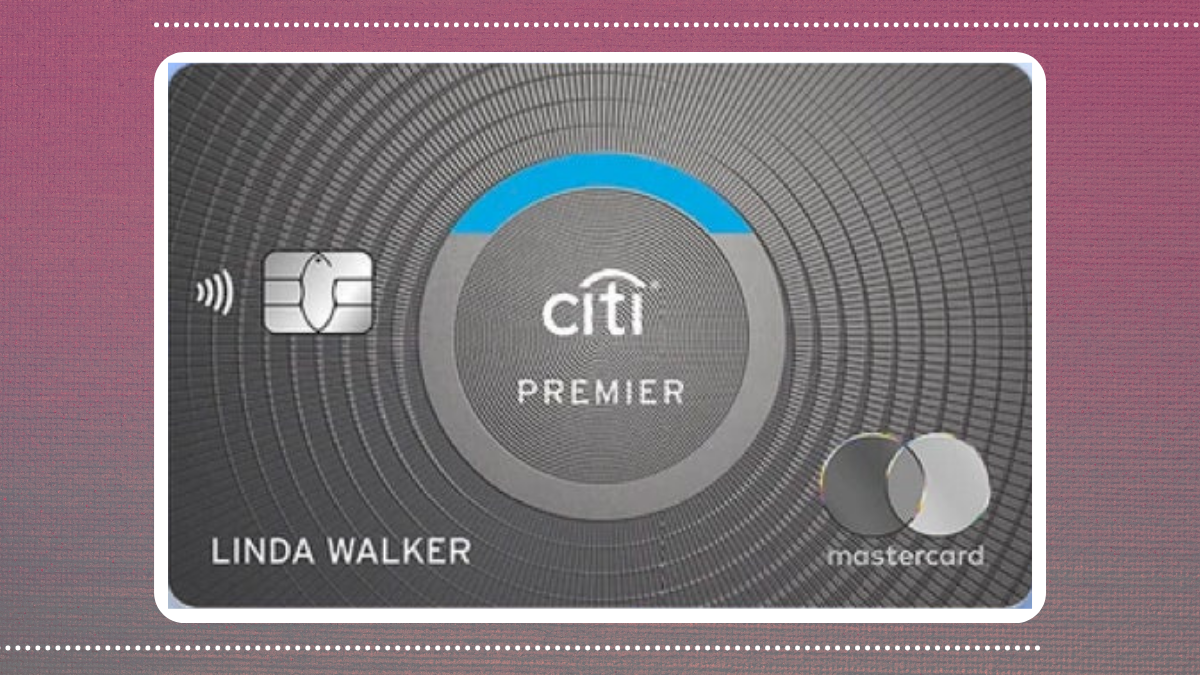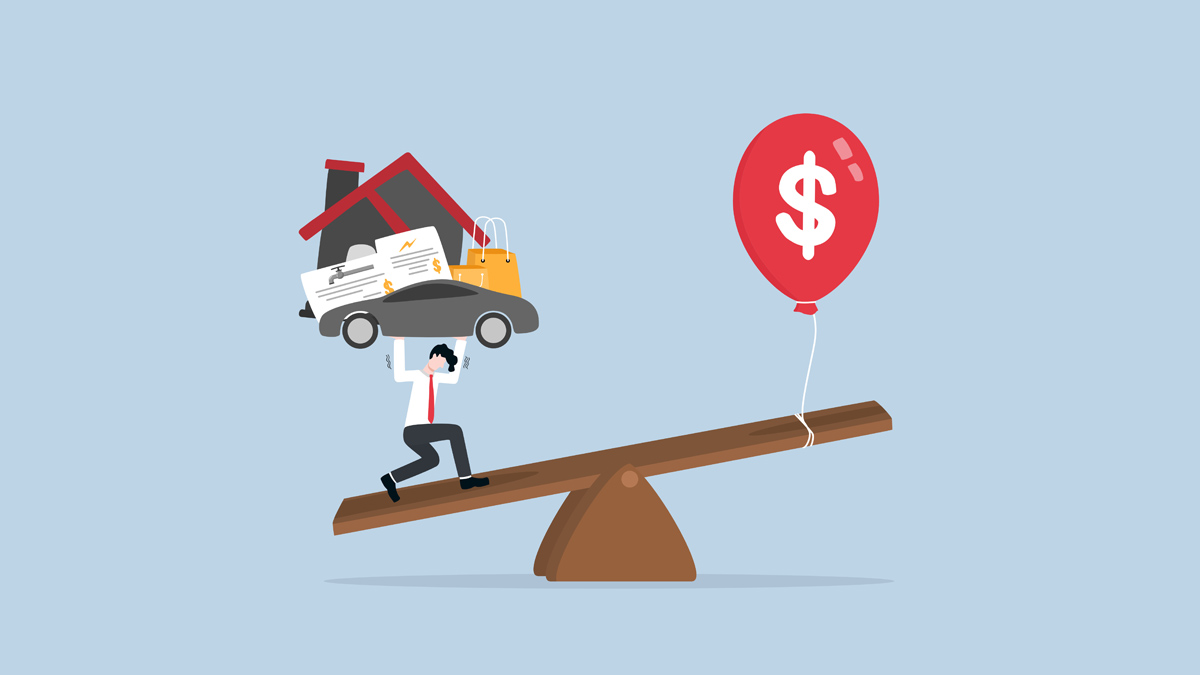Finances
5 essential tips on how to manage your mortgage and its payment
Everybody dreams of having their own house. To accomplish this plan, it's important to learn how to manage a mortgage. This article contains five easy tips. So, if you're interested, keep reading to learn about them.
Advertisement
Manage well your mortgage payment: learn how!

Learning how to manage a mortgage is essential if owning a home is your dream. Don’t shy away from this responsibility – viewing your mortgage as a means to an end (your home) can make it a happy word.
Owning a home has numerous benefits, especially for your children who won’t have to pay rent and can invest more in education and culture. Once the mortgage is paid off, you’ll have one of the most valuable assets that will continue to appreciate in value.
Although this sounds ideal, it requires discipline to achieve. Unless you’re able to pay for your house upfront, which is unlikely for such a significant expense, it’s crucial to prepare for the most substantial loan of your life. Reading this article and gaining insight on mortgage management can help you achieve this dream – and trust me, you can do it!
Manage your mortgage like a pro: 5 tips to help you out!

Buying a home should be viewed as an investment rather than just an asset. Every dollar invested into your home has the potential to provide great value in the future. Therefore, it’s important to handle your mortgage responsibly and with care.
Paying for a home in cash may be the ideal scenario, but it’s challenging for young people to gather that much money at once. In this sense, taking out a loan can be a more compelling option, especially considering that renting means you’re essentially paying someone else’s mortgage.
In contrast, paying off your mortgage means that the money goes back into your own pocket. Moreover, once you pay off your mortgage, you may even receive rent payments from others when you decide to rent your property.
To successfully manage your mortgage, it’s essential to practice patience, concentration, and discipline. By following these tips, you can achieve your dream of owning a home while also making a wise investment for your future.
You will be redirected to another website
By submitting this form, I agree that I am 18+ years old and I agree to the Privacy Policy and Terms and Conditions. I also provide my signature giving express consent to receive marketing communications via automated emails, SMS or MMS text messages and other forms of communication regarding financial products such as credit card and loans. Message frequency varies and represents our good faith effort to reach you regarding your inquiry. Message and data rates may apply. Text HELP for help or text STOP to cancel. I understand that my consent to receive communications is not a condition of purchase and I may revoke my consent at any time.
Avoid every other debt
It cannot be overstated: buying a house is a significant milestone that provides stability for you and your family. It’s a basic human need to have a place to call home, which can bring peace of mind to your daily life. Therefore, it’s crucial to focus your attention and resources on this task.
This isn’t the time to splurge on new cars or the latest gadgets, unless you’re in dire need due to unforeseen circumstances, like a car accident or a broken phone. It’s also unwise to accumulate unnecessary debts on your credit card, such as luxury clothing, shoes, or pet accessories.
However, it’s understandable that certain needs arise during a long-term loan like a mortgage, such as buying new clothes for your growing children or purchasing a computer for your job. After all, having a job is necessary to pay the mortgage. The key is to avoid frivolous expenses that will hinder your ability to pay off your mortgage.
One word: budget!
Creating a budget is a crucial responsibility for all adults managing their expenses, but it’s especially important for those with a mortgage. The first step in managing your mortgage is knowing your income, which will help you determine how much you can spend.
Your expenses must fit within your income, and if they don’t, you’ll need to either increase your income or decrease your expenses. In most cases, reducing expenses is more feasible than increasing your monthly cash inflow. Therefore, start by identifying small and unnecessary expenses that may not seem significant but can add up to a substantial amount over time.
It’s also essential to review your budget periodically. First, before you enter into a loan, review your budget to determine how much you can afford to commit. Then, regularly review your budget to analyze which expenses can be redirected or deferred. If you can pay off more of your mortgage installments, that’s even better! The sooner you pay off your debt, the better.
Don’t delay any payment
Late payments can result in penalties and interest charges, which is a waste of money. Given that a mortgage is a significant purchase, credit institutions keep a close eye on this debt. Late payments can negatively impact your credit history and lower your credit score.
At some point, you may choose to refinance your mortgage to save money and pay off your debt. To qualify for refinancing, your credit score needs to be in the best possible shape. An effective way to avoid delays is to set up automatic debit payments for your installments. This will help prevent any possible forgetfulness and ensure timely payments. Let technology assist you in managing your mortgage efficiently.
Pay in advance everything you can

Lenders may provide you with various installment options, including the ability to pay administrative fees or down payments in installments. However, this means you’re essentially taking out a loan within a loan, which can result in accumulating significant fees and interest charges.
Some creditors may benefit from you owing them more, which can keep you tied to the debt for an extended period. Therefore, it’s advisable to make an effort to pay off the mortgage fee promptly and gather all the money for the down payment before taking out the loan. This approach can help you avoid accumulating additional debt and interest charges.
Review your mortgage to know when to refinance
While it’s commendable to be disciplined and pay off your mortgage installments as agreed, it may not always be the best option. Refinancing your debt is a possibility worth considering, particularly if you’ve been working on your credit score and have paid off a significant portion of your debt.
When you have substantial equity in your property, it’s an excellent opportunity to explore refinancing options with better rates and more favorable terms. Contacting a real estate appraiser to determine the current value of your property is a crucial first step. Once you have this information, research the best refinancing options available to you. This strategy can save you a considerable amount of money in the long run.
If you’re interested in learning more about real estate investment, we recommend reading some essential books on the topic. We’ve compiled a list of ten must-read books for those starting their investment journey. Have you read any of these? Check out our full article to find out.

TOP 10 real estate investing books for starters
It is always an excellent choice to read books to improve your knowledge. If you're thinking about investing in real estate, these books will help.
Trending Topics

Merrick Bank Personal Loan: Learn More
Start applying for a loan with Merrick Bank Personal Loan! With this company, you will be able to have your money as fast as possible.
Keep Reading
Review of the Costco Anywhere Visa® credit card
Get access to an honest review on the advantages and disadvantages of the Costco Anywhere Visa credit card.
Keep Reading
Citi Premier® review: is it worth it?
If you're looking for a travel credit card with excellent benefits, you should read this Citi Premier® review. This is the one, keep reading!
Keep ReadingYou may also like

Earnest Student Loans: Learn more
Get to know more about the amazing student loans company Earnest Student Loans! Click on this article to learn more.
Keep Reading
What HCOL area means: it affects your life?
Learn the meaning of HCOL, so you can make better choices at life. This impacts every aspect of your life, so keep reading to learn about it.
Keep Reading